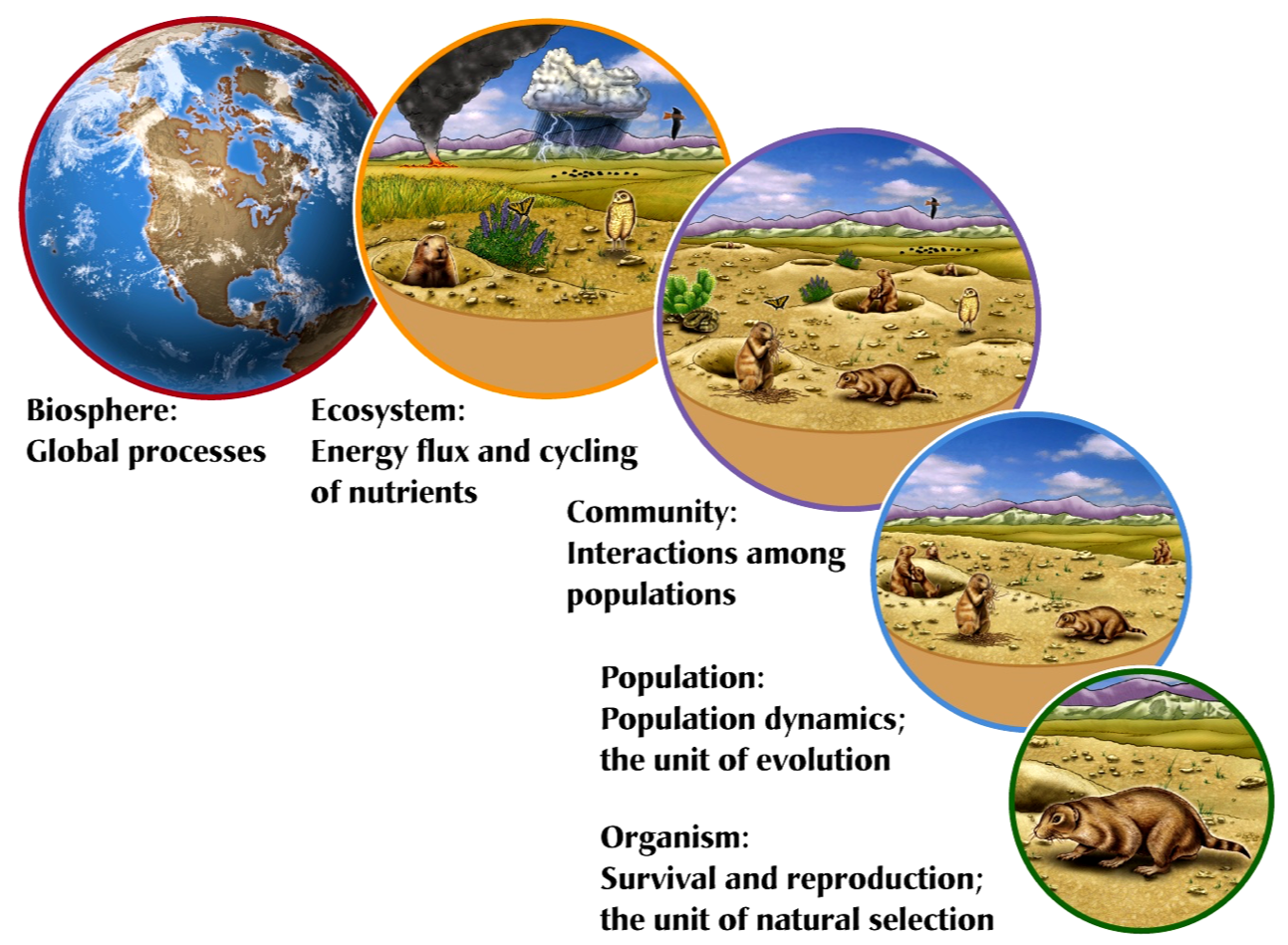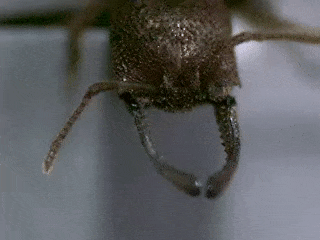IB 329 Animal Behavior (cross listed as ANSC 366, ANTH 342, PSYCH 329)
This lecture course is offered every Spring semester on MWF from 3:00-3:50 pm in 2079 Natural History Building. You can download the syllabus for IB 329 here.
The main goal of Animal Behavior is to examine how and why behavior varies within and among species. Specific learning outcomes include:
- Distinguish between proximate (mechanistic) and ultimate (evolutionary) approaches to the study of behavior (e.g. Tinbergen’s Four Questions).
- Formulate hypotheses for each approach to explain a specific behavior.
- Use knowledge of animal behavior to inform conservation strategies and to understand human behavior.
IB 203 Ecology
The lecture+lab course is offered every Fall semester. Lectures are T / Th from 12:30-1:50 in 116 Roger Adam Lab. Lab sections meet in 3004 Natural History Building. You can download a syllabus for IB 203 here.
In this course you will learn major ecological principles as well as how to apply them to solve today’s environment problems. This course also stresses all aspects of the scientific process including its effective communication. By the end of this course, we expect that you will be able to:
- Be capable of contributing to ecological knowledge by means of using the scientific method – in particular generate hypotheses and design experiments to test them.
- Be able to communicate effectively about science. Therefore, practice with written and oral communications is a key part of the class. As a result, you will satisfy your Advanced Composition requirement by completing assignments in this course.
- Be able to read and interpret scientific tables and figures, and apply learned patterns to other ecological problems.
- Understand ecological principles and apply them to scientific and societal needs.
In IB 203, we discuss ecological processes at scales ranging from individual organisms to the the entire Biosphere.

